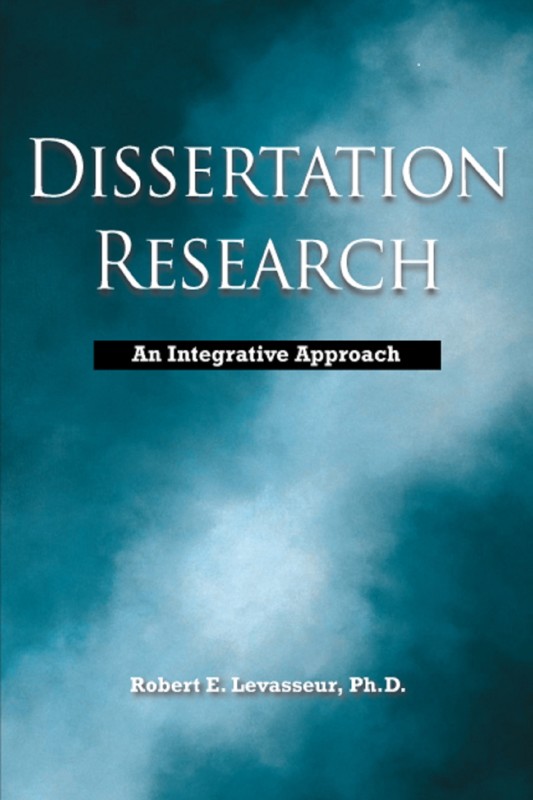Secrets of Dissertation Research: Do Something Every Day
What are the secrets of completing a high quality dissertation (or doctoral study) successfully and rapidly?
That’s what I most wanted to know when I was a doctoral student. So, I made it a point to seek out experts in dissertation research who spoke at required doctoral residencies I attended.
The experts I had the privilege to meet, who were exceptionally knowledgeable and helpful, all said the same thing:
If you want to succeed in your doctoral journey, then you must do some work on your dissertation frequently—every day if possible.
Let’s contrast this approach to what most students do.
Most students make the mistake of scheduling big blocks of time on an infrequent basis to work (on the weekend, for example) based on a belief that this immersion strategy is both necessary and conducive to higher levels of productivity.
While this approach sounds good, it has several critical flaws.
First, the typical student approach ignores the learning curve required to get up to speed after being away from your dissertation work for a while. The longer the time between working sessions, the longer the time it takes to climb the learning curve in the next session. Arguably, working on a daily basis requires little or no learning curve; whereas working on a weekly basis requires a considerable one (perhaps up to an hour of a four or five-hour session).
Second, the typical student approach ignores the fatigue factor. Doctoral work is hard. Hence, the longer the session, the less productive it becomes. Arguably, working on a daily basis for a shorter time (say one to two hours) the student experiences negligible loss of productivity over the course of the session. However, working on a weekly basis for a much longer time results in significant loss of productivity over the course of the session.
A hypothetical example will help us to understand what effect these two factors might have on productivity.
A. One informed student follows the advice of the experts in dissertation research and works five days a week for an hour each day, with no need to climb the learning curve to get back up to the point where the previous session left off and experiencing no loss of productivity during the session.
B. Another, more typical student, works once a week for five hours, taking one half hour of those five hours to climb the learning curve and losing one half hour due to fatigue induced loss of focus over the longer session.
Even in this conservative example, the typical student is only 80% as productive as the informed student.
I experimented with both strategies when I was a student and soon realized the wisdom of the experts’ strategy. I was far more productive and felt more connected to my dissertation work. As a result, I made it through my dissertation in a very short time compared to other students, realizing the promise inherent in what those dissertation experts had imparted to me in the early days of my doctoral journey.
To learn more secrets for producing a high-quality dissertation, read Dissertation Research.

